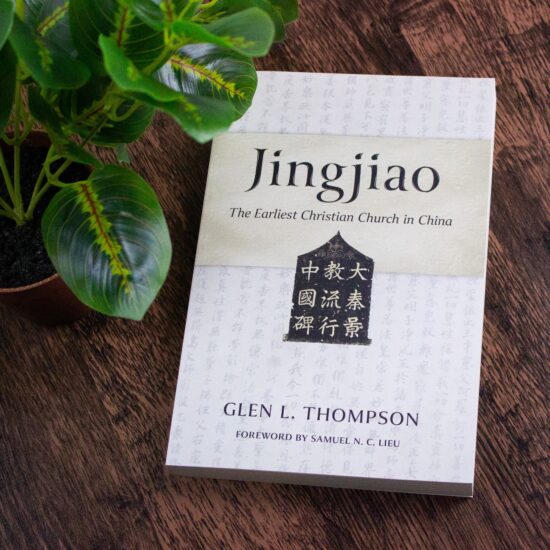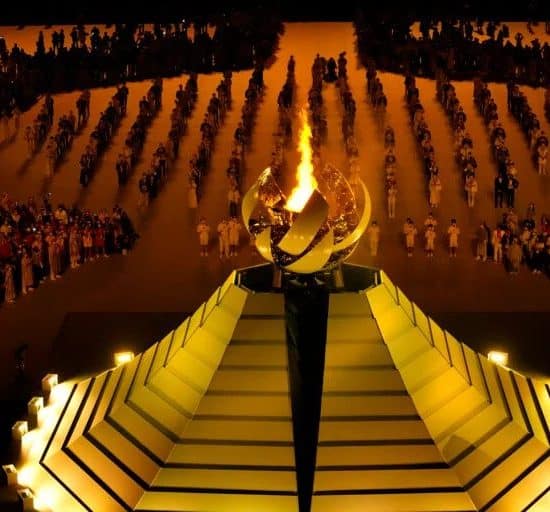TOKYO (RNS)— Across Japan and back home in the United States, missions leaders are grappling with whether personnel should stay put or move away, either to other parts of Japan or out of the country entirely.
The Southern Baptist Convention International Mission Board moved its representatives in eastern Japan to a region southwest of Tokyo.
“The safety and security of our personnel is very important,” board spokeswoman Wendy Norvelle said. “We are also mindful of the Japanese people and want to minister to them in any way we can.”
Wolfgang Langhans, a Tokyo-based field director for missionaries, called the week after an earthquake and tsunami hit Japan “the busiest and most stressful week of my life.” But when those twin crises created a third—the threat of dangerous radiation leaks from a damaged nuclear plant—the balancing act between living out a missionary calling and keeping safe became particularly difficult.
“That was and still is a great concern,” said Langhans, a German Baptist who works for the group OMF International, which has some 100 missionaries in Japan.
“We constantly inquire about the latest news and advice and have prepared evacuation places in the west of Tokyo should radiation danger reach Tokyo,” he said in a March 18 e-mail between rolling power blackouts.
His organization left evacuation decisions up to individual staffers. So far, seven had decided to leave Japan.
The Lutheran Church-Missouri Synod has relocated three missionaries from Tokyo to Kobe, in southern Japan. Two others in the western city of Niigata are not being moved. “The move is more of a precautionary measure as the situation has worsened given the nuclear crisis,” spokeswoman Vicki Biggs said.
Other groups had determined they were far enough from the nuclear complex to continue their work. Several Catholic orders, for example, are staying put.
The three-pronged crisis in Japan is prompting unusual challenges for missionaries, said Todd Johnson, director of the Center for the Study of Global Christianity at Gordon-Conwell Theological Seminary.
“Missionaries in general, who are tied very closely to local situations, are often the last people to leave or to evacuate,” he said.
“Tsunamis and earthquakes and even war or pestilence—they historically have been the very last people to go because this is their home, so to speak, where they work. But radiation is just a completely different thing.”
Johnson’s center estimates that there are about 8,000 missionaries, or 63 for every 1 million people, in Japan. That compares to Singapore, with about 218 per million, and India with about seven per million.
Marvin Newell, executive director of CrossGlobal Link, a Wheaton, Ill.-based network of mission agencies, said staffers who choose to stay in a potentially dangerous situation often are required to sign a release form.
“The litigation that could follow in something like this is a very big concern, and that’s why missions are trying to be as prudent as possible,” said Newell, who could not recall in 32 years of mission work a previous need for contingency plans in Japan.





